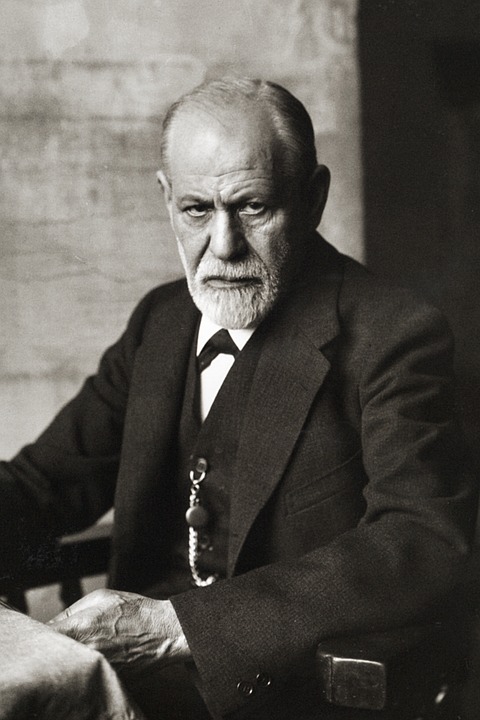- 3-minute read
- 21st October 2016
Word Choice: Hear vs. Here
As much as we love the English language, it is a bit confusing sometimes. ‘Hear’ and ‘here’, for instance, sound exactly the same when spoken, yet are spelled differently and refer to completely different things.
This doesn’t seem like something that should happen in a well-organised language. And you certainly wouldn’t want to mix up ‘hear’ and ‘here’ in formal or academic writing. It’s lucky for you, then, that we’ve prepared this quick guide to how ‘hear’ and ‘here’ should be used.
Hear (To Sense a Sound)
‘Hear’ is a verb meaning ‘sense a sound via the ears’. When we listen to someone speaking – or to music, birdsong or anything else – we’re using our sense of ‘hearing’. This term would be used in a sentence as follows:
I couldn’t hear the talk because the speaker had a quiet voice.
A second, albeit similar, use of this term is to mean ‘learn by being told’, as in when someone tells us some news or recounts something that has happened:
I heard that you were evicted. Sorry about that.

As an added note, the phrase ‘Hear, hear!’ is occasionally used to express approval of a speech. The meaning is basically ‘Listen to what this person is saying!’, hence ‘hear’ being the correct term, yet it’s often misspelled as ‘Here, here!’ in writing.
Here (This Place)
The basic meaning of ‘here’ is ‘this place’, but there are several ways in which it can be used. As a noun, it refers to the place occupied by the speaker:
Now I’m here, the party can really start!

As an adverb, it specifies where an action takes place or the target location of an action:
Pass the ball over here!
Find this useful?
Subscribe to our newsletter and get writing tips from our editors straight to your inbox.
More figuratively, ‘here’ can also refer to a point in time:
We’ve been working on this for hours now, so we’ll stop here and try again tomorrow.
Sometimes, ‘here’ can also be used to refer to the previous line or passage in a text, such as when commenting on a quotation:
Here, Freud seems to be discussing childhood memories.
The opposite of ‘here’ is ‘there’, meaning ‘that place’, which we use when referring to something further away (e.g. ‘Go over there and leave me alone’).

Hear or Here?
Thankfully, telling these terms apart is easy because ‘hear’ contains the word ‘ear’, which is the part of the body we use to hear things! As such, if you’re writing about a sound or listening to something, the correct word to use will usually be ‘hear’.
If, on the other hand, you’re writing about a location or place, the right term will typically be ‘here’. Keep this distinction in mind and you should be able to avoid unfortunate mistakes:
Here = This place
Hear = Sense a sound (with your ears)